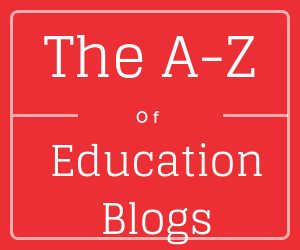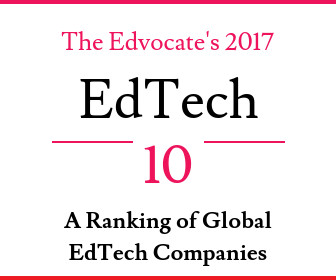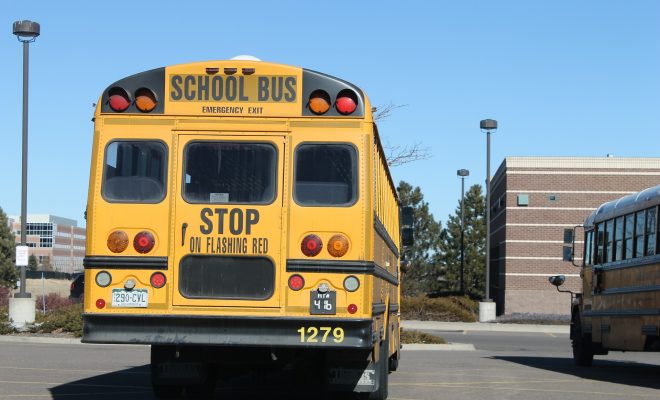Personalized Learning Starts with Less Teacher Talk, More Student Voice

Personalized learning is becoming a big part of the 21st century classroom. It’s a new approach to teaching and learning that involves less teacher talking and more input from students, and it’s changing the way students are learning around the world.
The idea behind personalized learning is simple. Students guide their own learning, going at their own pace and, in some cases, making their own decisions about what to learn. Ideally, in a classroom using personalized learning, students choose what they’re interested in and teachers fit the curriculum and standards to the students’ interests.
This type of learning completely reverses the traditional structure of the classroom. Instead of the teacher being the center of attention and leader of the classroom, the students are in the spotlight. Personalized learning gives students a voice and allows them to take ownership of their education.
For teachers who want to bring more personalized learning into their own classrooms, it can seem intimidating. Giving up control of the classroom can be scary. Teachers might wonder, will the students really get engaged? Will they learn everything they need to know for the tests at the end of the year? Will I completely lose control over my classroom?
Personalized learning doesn’t have to be all-or-nothing. Teachers can start by talking a little less and letting students have more of a voice. Allowing students to make some choices in the classroom can have a powerful effect.
Teachers can give students different options for presenting evidence of what they’ve learned. One way to go about this is to directly give students the standards they need to know and ask them to present proof that they’ve mastered the standard. Another option is to give students choices, such as writing an essay versus creating a visual representation of their learning.
Teachers can take another route and give students different options for how they learn material. This requires a little more preparation, but teachers can allow students to choose between reading and watching a video, for example. Again, this allows students to have more choices and feel that they have a voice in the classroom.
Simple changes like these are easy for teachers to make, and they empower students. When students have just a little bit of choice in the classroom, they begin to get invested in their learning.
Personalized learning also improves student and teacher relationships. In the traditional classroom, teachers are often fighting for power. In traditional classrooms, teachers have to demand that students sit down, stop talking, and look at the teacher. This automatically creates a kind of power dynamic that can cause problems. Teachers are essentially telling students, “I am more important than you.”
When teachers give students a voice, they’re telling students, “You are important.” They are giving students control over what and how they learn. Students often respond positively to this change in the power dynamic. Students who are given choices feel valued and respected. As a result, they are actually less likely to cause problems for teachers. When teachers stop demanding that students sit down, be quiet, and respect them, students are more likely to do all three of those things.
For teachers who are looking for a way to get students engaged and excited about what they’re learning, personalized learning is the way to go. Teachers who talk less and give students a voice in the classroom are empowering students and allowing them to take ownership of, and truly enjoy, their education.
Have you seen teachers talking less in the classroom? How can teachers use the power of personalized learning to give students a voice? Tell us what you think.





